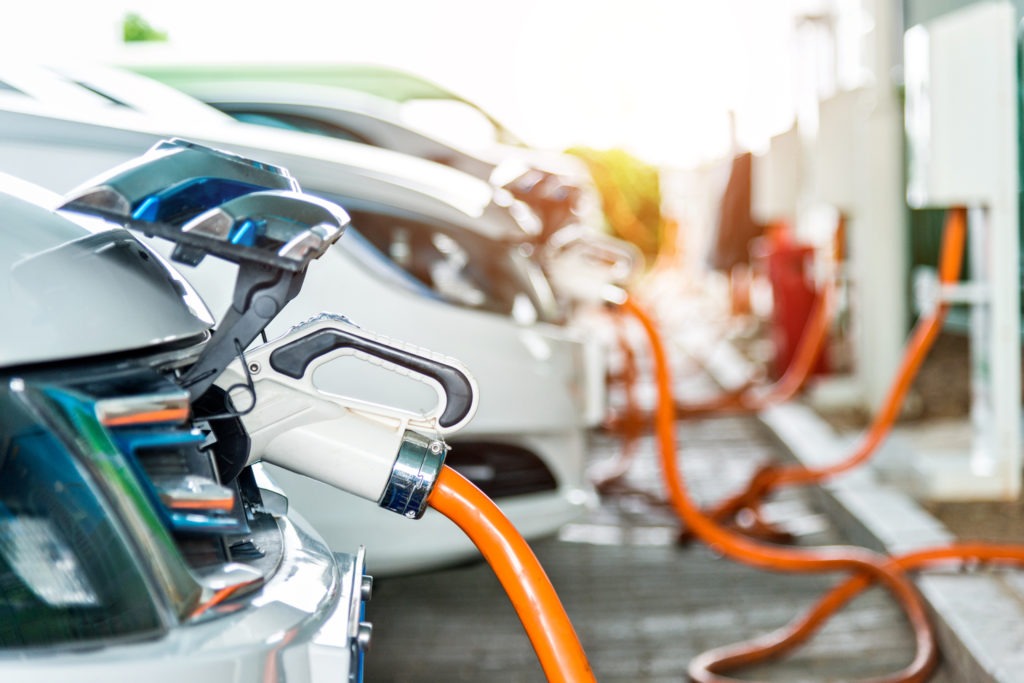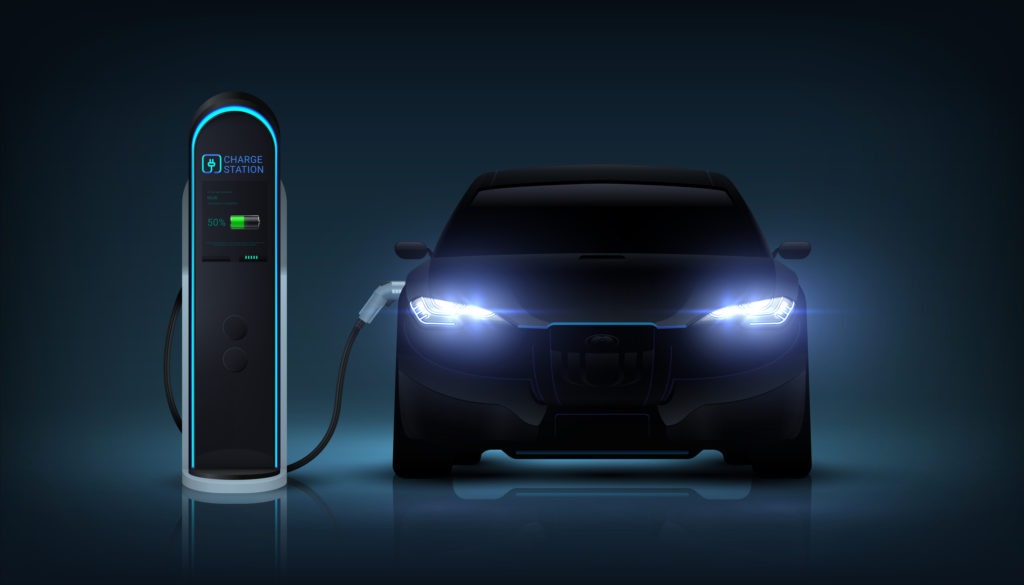Germany mandates EV charger card readers
21 September 2021

The electrically-chargeable vehicle (EV) infrastructure in Germany will soon have to be equipped with card readers, but this new mandate has come under criticism from the automotive industry. Opponents, including the country’s transport minister Andreas Scheuer, argue that the installation of card readers will not only be costly, but also slow down the expansion of charging points.
There are around 46,000 public charging stations in Germany, with no uniform payment system in place. Some customers use specific charging cards, others pay by app. This ‘payment chaos’ has attracted attention from politicians who want to simplify the process. On 17 September, the Federal Council announced that card readers must be installed in all new charging stations come July 2023. It is worth noting that older charging points will not be affected by this new directive.
Secure or outdated?
With the German national election looming this month, the debate around how to pay at charging stations quickly turned political. No wonder, considering that EVs are poised to become the new normal and the German infrastructure still lags behind other countries.
‘The payment system ensures that as many people as possible can use the charging points,’ said social democrat and member of parliament, Sören Bartol. The German automobile club ADAC also welcomed the Federal Council’s decision, calling it a victory for consumers. Those in favour, including banks and municipalities, say paying by card is easy and secure as no prior registration is required – as is the case with apps.
Some politicians have faulted the current government for its sluggish response to the shift towards EVs. The automotive industry has also expressed its dismay, saying the charging network in Germany needs to be improved. For some, card readers at charging points are seen as an outdated business model and the additional installations time-intensive. There have also been concerns that digital-payment service providers could be excluded in the future.
The German Association of the Automotive Industry (VDA) made its stance on the matter clear. ‘It is disappointing that the Federal Council decided in favour of technologies without a future,’ said Hildegard Müller, VDA president.
A wider issue
The debate appears to be far from over as is crosses national boundaries. Similar issues have cropped up in the UK, where there have been calls to use standard payment cards at charging points, while the rest of Europe also grapples with this conundrum. It is a truth universally acknowledged that the EU lacks a strategic roadmap for electromobility. Obstacles remain, including the availability of charging stations and inconsistent payment systems.
‘European legislators must also make it possible to pay with credit and debit cards at charging stations in the interests of consumers,’ said Karl-Peter Schackmann-Fallis from the German Savings Banks Association (DSGV).
‘The widespread acceptance of electromobility will only succeed if consumers can pay at the charging station as easily and securely as they are used to in everyday life. Anyone who talks about debit cards and outdated technology has obviously not followed the development of the last few years sufficiently,’ he added.



